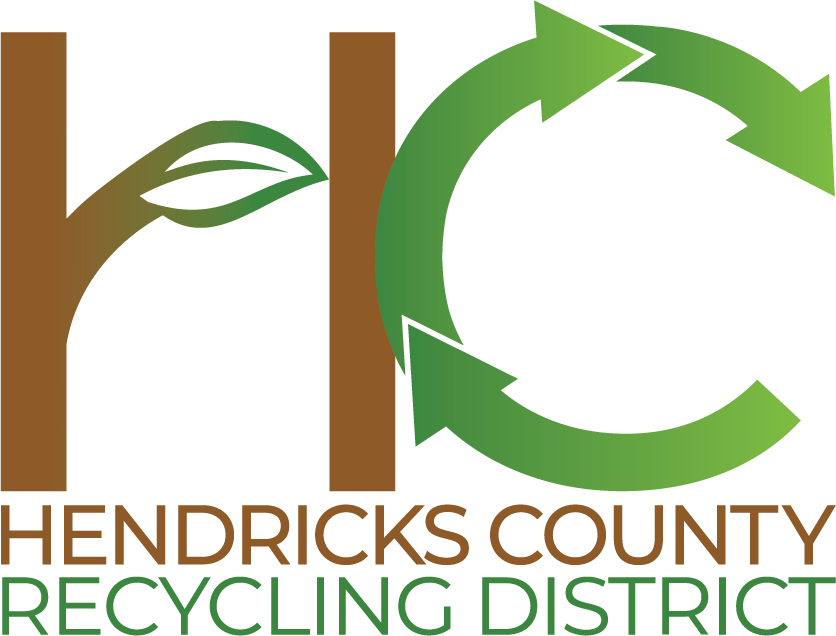Why Does It Matter?
Look around your house, the grocery, and well…everywhere. You can’t go far without finding plastic. Plastics have completely changed the way products are packaged, marketed and disposed of in the US.
It is light, non-breakable, and cheaper than other types of packaging. But, plastic now makes up about 12% of the overall municipal solid waste stream. Although recycling programs exist for almost all types of plastic now, we have an overall recycling rate of only about 8% , according to EPA. And, because of the proliferation of plastic containers, wrappers and bags, plastic has unfortunately become a huge environmental pollutant.
A stark example of the pollution plastics are creating is the Pacific Plastic Vortex—a massive patch of marine debris floating in the ocean. You can learn more by watching this video: Pacific Plastic Vortex.
What Should You Do?
Reduce Your Plastic Footprint! If you don’t buy items in plastic, you have no plastic to dispose of.
Look for items with no packaging when possible. Produce and bulk items can be placed in a reusable mesh bag that you bring from home.
Buy a reusable beverage container. If you like to stay hydrated, B.Y.O.B. (Bring Your Own Bottle).
Choose glass over plastic. Glass containers are recycled to make more glass containers while plastic containers are “downcycled” to make other things like carpet and clothing. Glass can be recycled forever without loosing its strength, purity or quality, plastic cannot.
Recycle! Do your homework and find out which types of plastics your recycling hauler (if you subscribe to a curbside recycling program) or your recycling drop-off location will accept. Most programs now accept plastics #1-#7 with the exception of plastic bags and Styrofoam
Dig Deeper.
What does plastic #1-#7 mean? The plastics industry uses a numbered coding system to differentiate types of plastic resins. If you look at a plastic container, you will find a number inside the recycling symbol (usually on the bottom of the container). That is the plastic resin code, although it does not necessarily mean that the item can be recycled in the specific recycling program you use.
Availability of an “end market” will determine whether a particular type of plastic is desirable to recyclers. This is why you need to be sure to check with your local recycler for the accepted types of plastic.
Next Edition…
Next time we’ll focus our attention on the issue of plastic shopping bags. They are convenient, cheap and everywhere—even places where they shouldn’t be!

